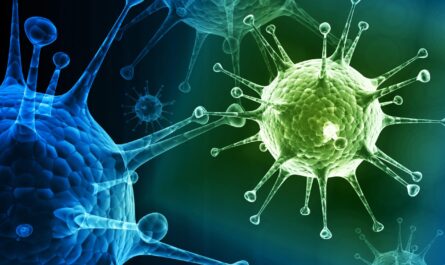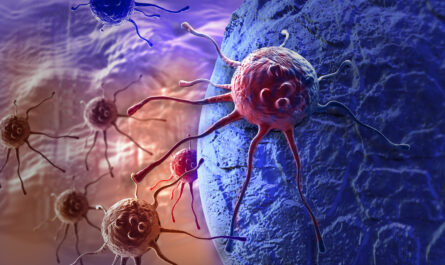A recent study published in PLOS Biology has revealed that various strains of E.coli can outcompete one another in order to dominate the gut. The research, led by experts at the University of Birmingham, highlights the ability of a particular strain, known as MDR ST131, to readily colonize new hosts, even in the presence of other strains already residing in the healthy gut.
E.coli infections are typically mild, but some strains can lead to severe symptoms and potentially life-threatening complications. While more serious infections are treated with antibiotics, the rise in multidrug-resistant strains of E.coli presents a concerning challenge. Multidrug-resistant strains have developed resistance to a range of antibiotics, making them extremely difficult to treat effectively.
Previous research has indicated that multi-drug resistance alone is insufficient to drive strains to dominate. However, this recent study demonstrates that specific types of E.coli can outcompete others within the human gut, regardless of their multi-drug resistance status.
The investigation was conducted in two parts. Firstly, both multi-drug resistant and non-resistant gut-dwelling E.coli strains were found to easily colonize a mammalian gut. In the second part of the study, the multi-drug resistant strain effectively displaced an already established gut-dwelling E.coli strain within the mouse intestinal tract. The study also provided further insight into the genetic differences that give multidrug-resistant lineages of extraintestinal E.coli a competitive advantage.
For E.coli strains to be successful, they need to be able to spread between individuals or from the environment into individual hosts. This research reveals that the MDR ST131 strain, in particular, has the ability to readily colonize new hosts, even in cases where those hosts already harbor other E.coli strains within their healthy gut.
E.coli bacteria are commonly found in the environment, as well as in the intestines of humans and animals. There are numerous types of E.coli, with some being harmless and others capable of causing illness, such as diarrhea, urinary tract infections, and potentially fatal bloodstream infections.
*Note:
1. Source: Coherent Market Insights, Public sources, Desk research
2. We have leveraged AI tools to mine information and compile it



